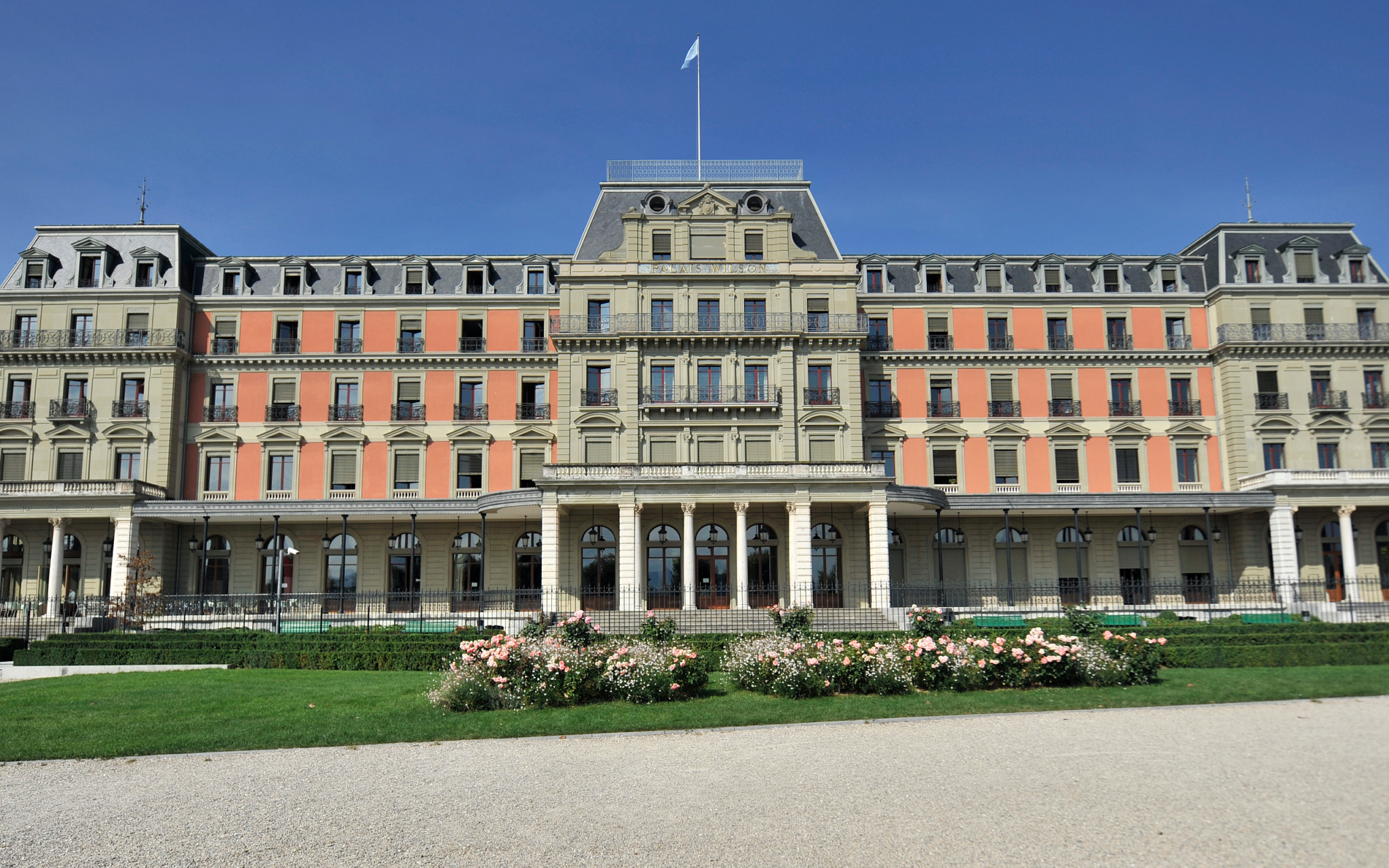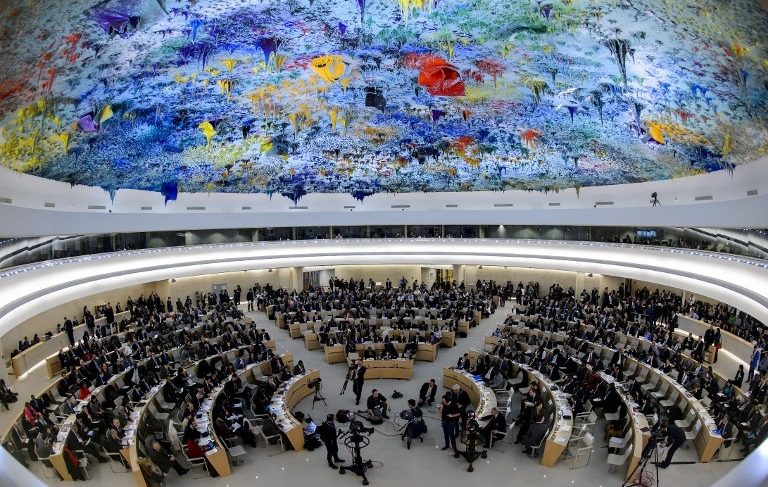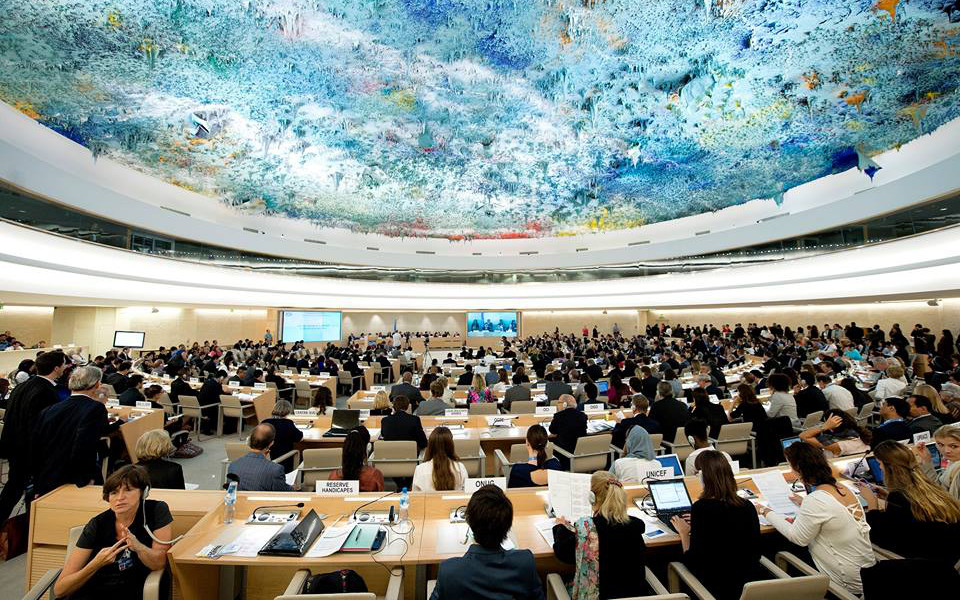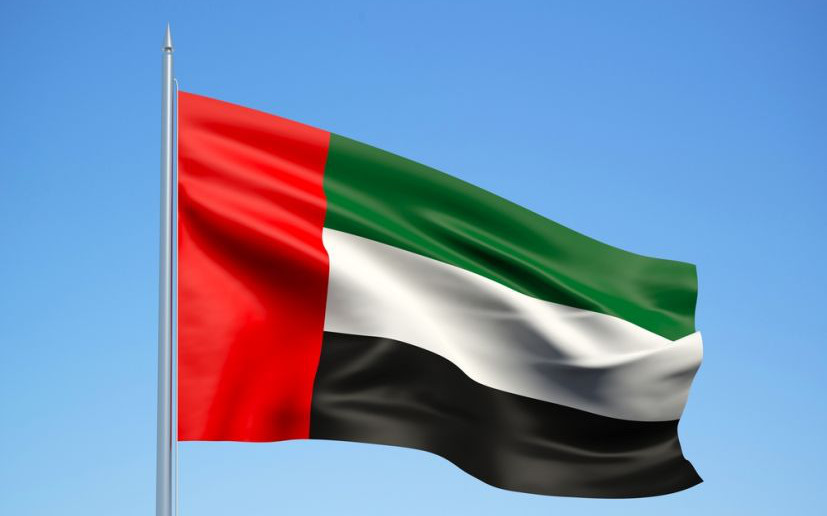Bahrain BHR 11/2017 JUA 31 Oct 2017 Mandates: arbitrary detention, freedom of opinion and expression, human rights defenders, torture Alleged victims: 1 Information received concerning allegations of torture and other ill-treatment of Mr. Ibrahim Jawad ‘Abd Ullah Sarhan, a Bahraini lawyer, as well as threats of prosecution against him for charges related to the expression[…]
For the states of the Gulf Cooperation Council, football is more than just a sport – it is a way of gaining power that can’t be obtained through politics or diplomacy. Countries like Qatar and the United Arab Emirates (UAE) use football to create a positive global image and secure influence around the world. With[…]
22 January 2018 – Today, the United Nations (UN) Human Rights Council conducted the third Universal Periodic Review (UPR) cycle of the United Arab Emirates (UAE). Dozens of states issued recommendations to the Emirati Government, urging human rights reforms on a variety of thematic issue areas ranging from free expression and capital punishment to migrant[…]
In advance of the 29th Session of the United Nations (UN) Human Rights Council’s Working Group on the Universal Periodic Review of Human Rights (UPR), scheduled for 15-26 January 2018, nearly 20 stakeholders submitted information on reform efforts made by the Government of the United Arab Emirates (UAE), which will come under its third-cycle review[…]
Ahead of the third cycle of the United Nations (UN) Universal Periodic Review of Human Rights (UPR) for the United Arab Emirates (UAE), Americans for Democracy & Human Rights in Bahrain (ADHRB) submitted a stakeholder report assessing the UAE’s compliance with second-cycle recommendations to adhere to international treaties and human rights mechanisms; guarantee the rights[…]









